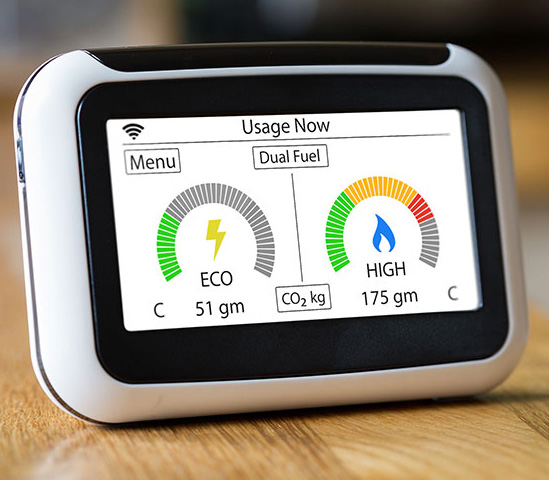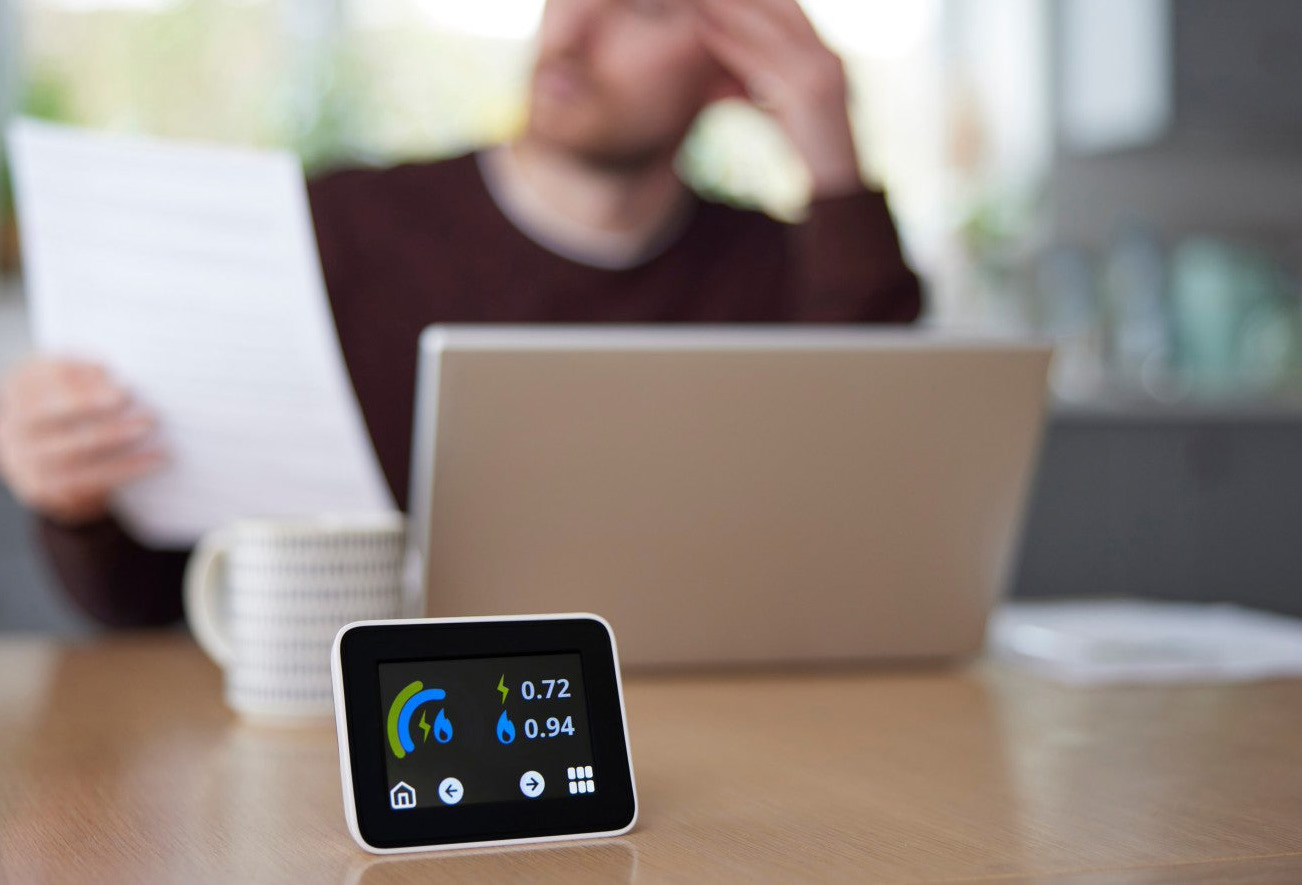Net metering and smart meters are two technologies that are revolutionizing the way we think about energy consumption. For years, energy consumption has been thought of as a strictly one-way street, with energy being generated by the utility company, sent to customers, and then those customers using the energy, with no input from them into the grid. Net metering and smart meters are changing this, enabling customers to be actively involved in their energy consumption and how it affects the grid.
Net Metering
Net metering is an arrangement between utility customers and the utility provider whereby customers who generate electricity from renewable sources can have a portion of that electricity sent back to the utility’s grid. Net metering allows someone to generate electricity from things like solar panels and wind turbines and use it to offset the cost of what they are buying from the utility company. Essentially, the customer generates excess energy that they send to the grid and this is “credited” back to them when they purchase energy from the utility. There are several different types of net metering arrangements, depending on the policies of the particular utility company.
Generally, net metering allows customers to reduce their energy costs by allowing them to use the energy they generate from renewable sources. This has the potential to reduce their reliance on traditional sources of electricity like fossil fuels, and can also allow them to reduce their overall energy consumption.
Smart Meters
Smart meters are devices that measure energy use and provide detailed information about energy consumption. They typically are placed in customers’ homes or businesses and monitor things like electricity and gas usage, temperature, and other factors. They are designed to provide customers with information about their energy consumption and allow them to take proactive steps to reduce their usage. Smart meters allow customers to better monitor and manage their energy consumption and can
also allow them to access additional information about how their energy consumption affects the grid. This helps customers to make informed decisions about how to best use energy and make their energy consumption more sustainable.
Smart meters also provide two-way communication between the customer and the utility provider. This allows customers to provide real-time feedback about their energy usage and can be used to better manage the grid.
Benefits of Net Metering and Smart Meters
The combination of net metering and smart meters can provide a number of important benefits to both customers and the utility provider.
For customers, net metering and smart meters can lead to cost savings by allowing customers to generate their own electricity from renewable sources and offset what they would have to pay for electricity from the utility. Smart meters can also provide customers with the information they need to take proactive steps to reduce their energy consumption and become more energy efficient.

For utilities, net metering and smart meters can provide greater visibility into the energy usage
of their customers, allowing them to better manage the grid. This can help utilities better plan for peak energy demand times, as well as reduce their need for expensive energy storage and backup sources.
Net metering and smart meters are two technologies that are revolutionizing energy consumption. These technologies provide customers with the ability to generate their own energy from renewable sources and offset the cost of electricity they buy from the utility. Smart meters also provide customers with detailed information about their energy consumption, helping them to better manage and reduce their energy usage.
And for utilities, net metering and smart meters provide valuable insight into energy consumption, allowing them to better manage the grid. In short, net metering and smart meters are key technologies that hold great potential to reshape how we consume and generate energy.
Text by Masimba Gamira

